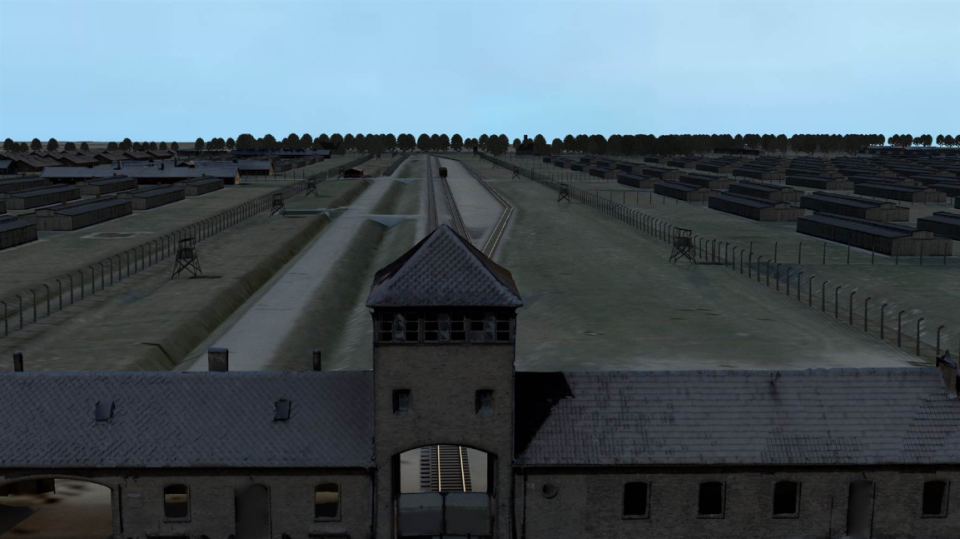Virtual Reality Auschwitz Is Being Used to Prosecute Nazis

The German government has begun to use virtual reality simulations of concentration camps to prosecute Nazi war criminals.
Jens Rommel, head of Germany's federal office for the investigation of Nazi war crimes, finds and investigates guards at the infamous Auschwitz-Birkenau camp. Last August, he sent details of eight new suspects to prosecutors in August. But he and his office have found that suspected guards often use the same excuse. That, from the places they were stationed in the came, none of the atrocities were visible.
It's a claim that's actually complicated to check, and it's only getting harder with time. While much of Auschwitz-the worst of the camps, with some eleven million killed and the site of a prisoner uprising-remains preserved as a museum, key visual elements like crematoriums have been dismantled. Not only are the old sightlines corrupted, but tourists are a constant presence, making a real-life recreation all but impossible. But with the original construction plans, Rommel turned to Bavaria's State Criminal Office (LKA) for a virtual recreation.

The LKA program allows users wearing VR goggles to observe Auschwtiz as a guard would: with complete access. A user can walk around the grounds, enter the barracks, even climb a watchtower and observe prisoner movements. There are no people in the recreation, but their walking routes can be easily determined, potentially giving Breker a crucial piece of evidence. The LKA team combined on-site 3D modeling with aerial photography, allowing the camp to be seen in both summer and winter conditions.
As use of the program continues, the LKA team hopes to allow for greater interactivity. The next steps could allow two or more users to enter the Auschwitz simulation at the same time and see each other there, allowing for in-program research.
While building the program was harrowing-Breker describes it as "one of the most difficult tasks" he has ever faced in his current position-it could prove to quicken evidence gathering against suspects, allowing Breker the one thing needed most while racing to prosecute elderly war criminals: time.
Source: NBC
You Might Also Like

